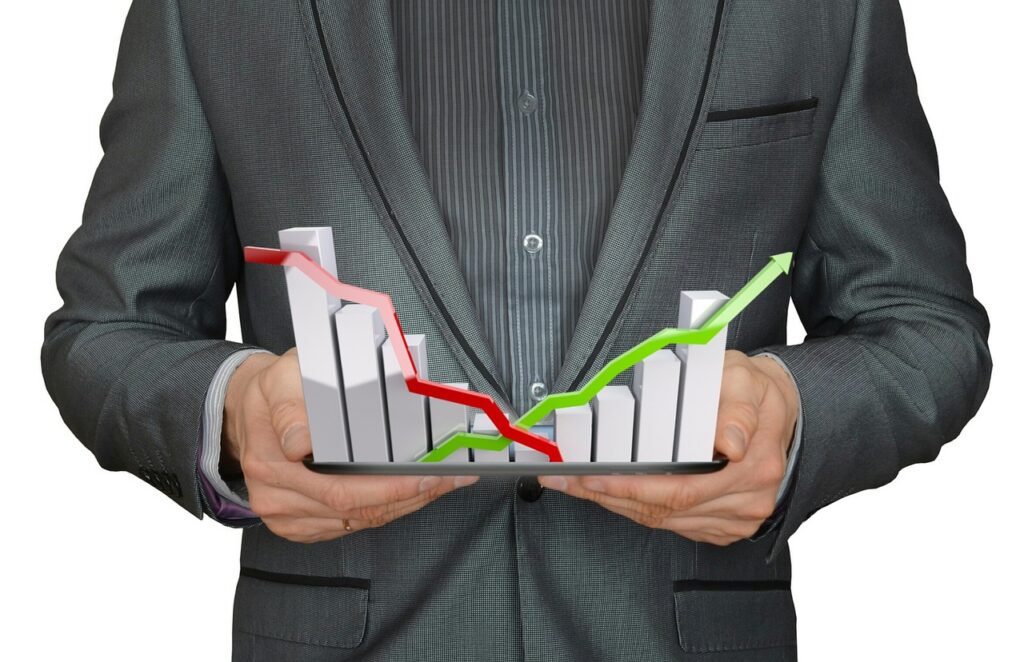Federal Reserve Resorting To Economy Destruction To Stop Inflation?
The Federal Reserve is expected to continue its string of rate hikes, but experts think that this strategy will eventually lead to a severe economic downturn instead of merely stabilizing inflation.
This article is more than 2 years old
The economic freefall has slowed down slightly in the last few months, giving many Americans hope that we may avoid a recession. Unfortunately, the latest news out of the Federal Reserve may dash that hope. They announced a new set of rate hikes to try and curb inflation that could have a disastrous effect.
This year the Federal Reserve has come under fire for its massive interest rate hikes. But they are not done yet. On Wednesday, they will announce yet another increase.
According to CNN, the new interest rate will jump three-quarters of a percentage point. And it will likely not be the end of rate hikes this year. They have hinted at another similar increase in December.
The Federal Reserve’s decision to raise interest rates at these levels is unprecedented. While significant hikes are not unheard of, this many, and this close together, are. Nobody is sure what the economic impact will ultimately be.

The overarching goal is to slow down the rate of inflation. And in the short term, there is some tentative success. After two successive quarters of bad GDP news, the numbers rebounded in the third quarter.
But, according to the chief investment strategist at BOK Financial, Steve Wyett, “The Fed has got more work to do. Inflation pressures take longer to come out of the system.” So, the question remains…will these massive rate hikes out of the Federal Reserve lift us out of inflation? Or will they plunge the country into recession?
The latter is a real possibility. And it has some Democratic lawmakers so nervous that they are putting pressure on the Federal Reserve to slow the rate increases. They fear that too much, too quickly, will push us into a recession.
Their fears are not unfounded, as the economy is struggling in many areas outside of inflation. The housing market is showing strain thanks to recent Federal Reserve decisions. And it does not look like the upcoming jobs report will bring good news.
Those latest numbers are due two days after the Federal Reserve announces its latest round of rate hikes. Analysts expect a reduction in new jobs added, and an increase in the unemployment rate. However, that is not the only dire news from the labor sector.
At the end of September, average hourly wages had risen roughly 5% over the past year. This increase is well beyond what the Federal Reserve considers stable wage growth. But it is still not enough to catch up to the level of inflation.
The Federal Reserve pays close attention to the personal consumption expenditures (PCE) index to keep a tab on inflation. And according to the latest report, prices were up 6.2% in the past year. These numbers may be enough to give the Fed pause, but there’s no guarantee.
Many critics believe the Federal Reserve’s actions fail to consider the longer-term impacts. CNN spoke with Joseph Brusuelas, the chief economist at RSM US, about the matter. He said “that the economy ‘clearly is at risk of falling into recession in the near term.'”



